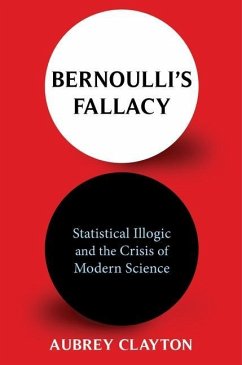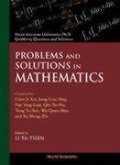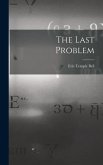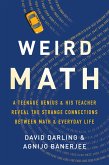There is a logical flaw in the statistical methods used across experimental science. This fault is not just a minor academic quibble: it underlies a reproducibility crisis now threatening entire disciplines. In an increasingly data-reliant culture, this same deeply rooted error shapes decisions in medicine, law, and public policy with profound consequences. The foundation of the problem is a misunderstanding of probability and our ability to make inferences from data. Aubrey Clayton traces the history of how statistics went astray, beginning with the groundbreaking work of the seventeenth-century mathematician Jacob Bernoulli and winding through gambling, astronomy, and genetics. Clayton provides a clear account of the mathematics and logic of probability, conveying complex concepts accessibly for readers interested in the statistical methods that frame our understanding of the world. He contends that we need to take a Bayesian approach?incorporating prior knowledge when reasoning with incomplete information?in order to resolve the crisis. Ranging across math, philosophy, and culture, Bernoulli's Fallacy explains why something has gone wrong with how we use data?and how to fix it.
Bitte wählen Sie Ihr Anliegen aus.
Rechnungen
Retourenschein anfordern
Bestellstatus
Storno








